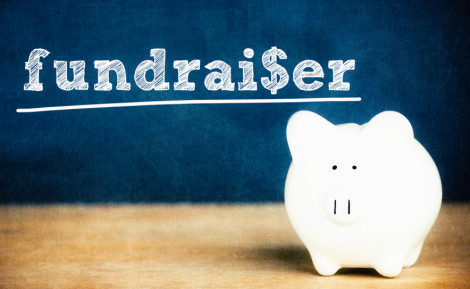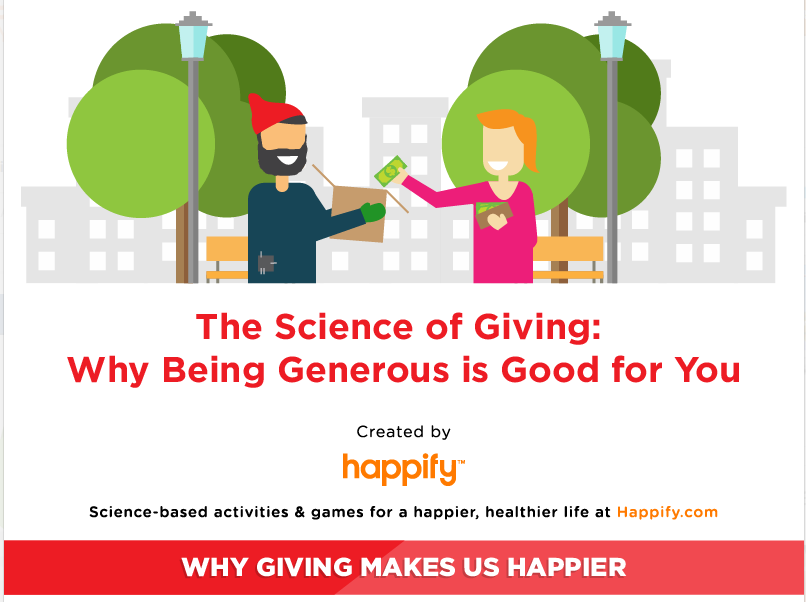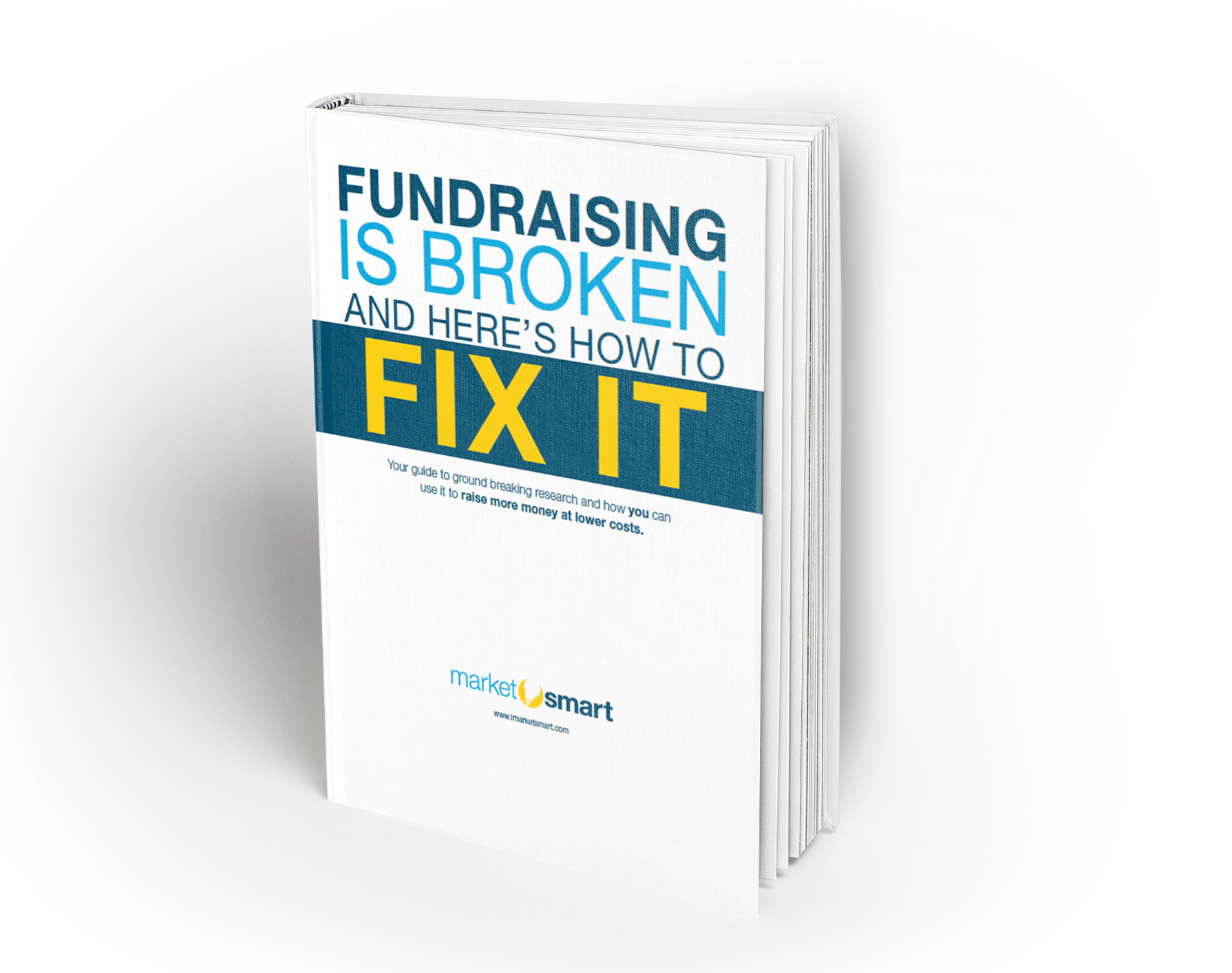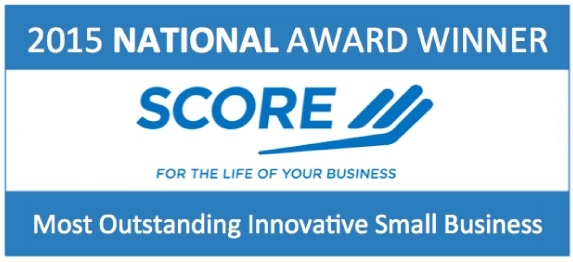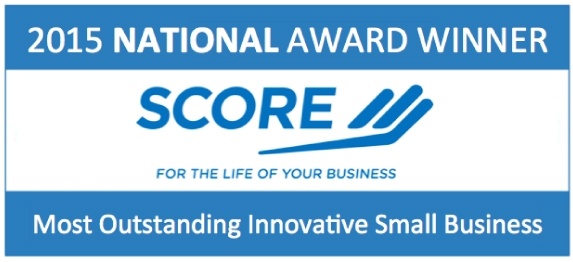A few months ago, William Rivas-Rivas (Director of Philanthropic Gifts at Animal Legal Defense Fund) posed the following question/challenge to the members of the Major and Planned Gift Marketers Group on LinkedIn:
I have always felt that the word "fundraiser" stinks!
Bees will sting a person whose mind is releasing vibrations of fear, much more readily than it will bother the person whose mind registers no fear. Therefore, a person whose mind is filled with fear emits energy that attracts negative outcomes.
1. Uncover who among your supporters has a donor advised fund. Just ask them the very simple question: Do you have a donor advised fund?
Every single one of your supporters wants to have a meaningful life and wants to be remembered fondly after their lifetime.
Ya don't know what ya don't know
There's a very well-known planned giving marketing vendor running around talking about "email readership." Here's what I mean. One of my pals sent me the following. The "marketing" vendor said they garner these email stats for their clients:
Why Your Donors are Hoping You'll Call or Visit Them (According to Science)
Call reluctance is a term used in sales but it applies to fundraising too!
7 Solid Reasons Why You Should Kill Your Printed and Electronic Planned Giving Newsletter
I know, I know... you love your planned giving newsletter.
Does Longevity of Giving Increase the Likelihood That Your Supporters Would Make a Planned Gift?
Question: Does more donations made over many years (longevity of giving) truly lead to an increase in the likelihood of leaving a gift or the likelihood of considering one?
You've probably heard about charity monitoring organizations such as Charity Navigator, CharityWatch and GiveWell, right? People will often visit these sites in an effort to determine if your organization is legitimate and worthy of their hard-earned cash.
I like to make up words and phrases. Here's a list of some of them and what they mean:

